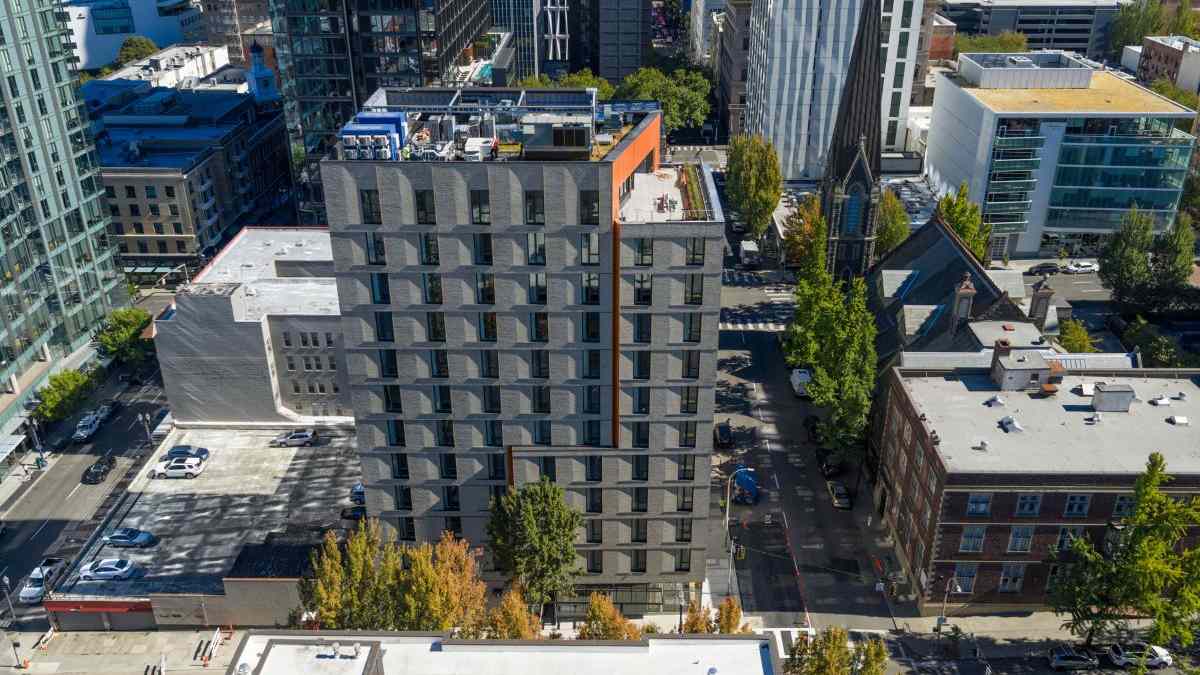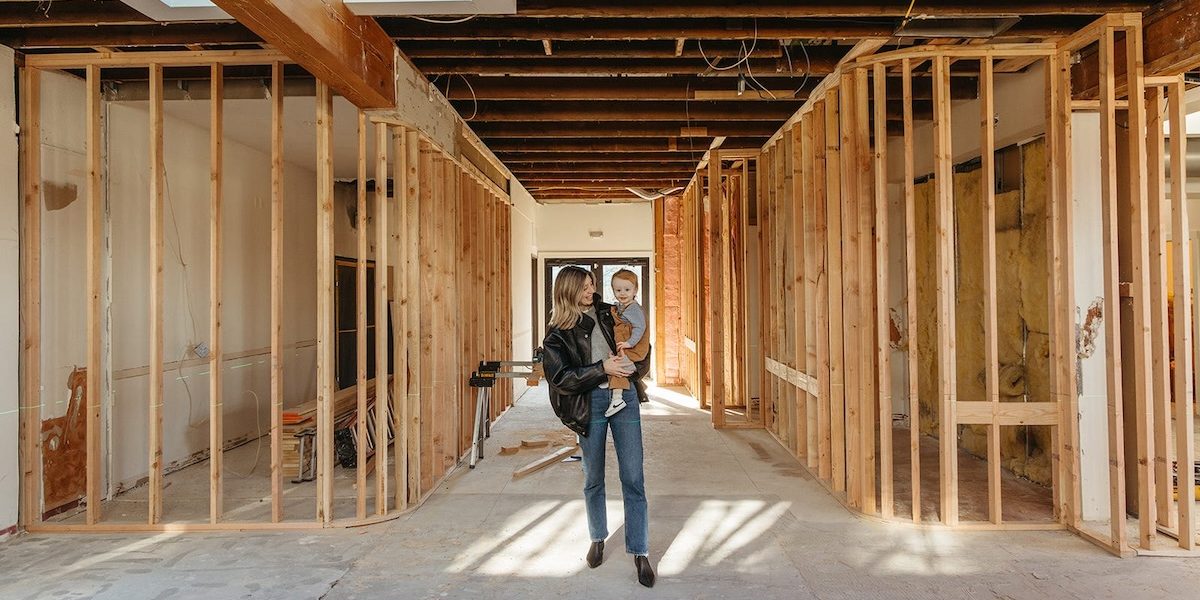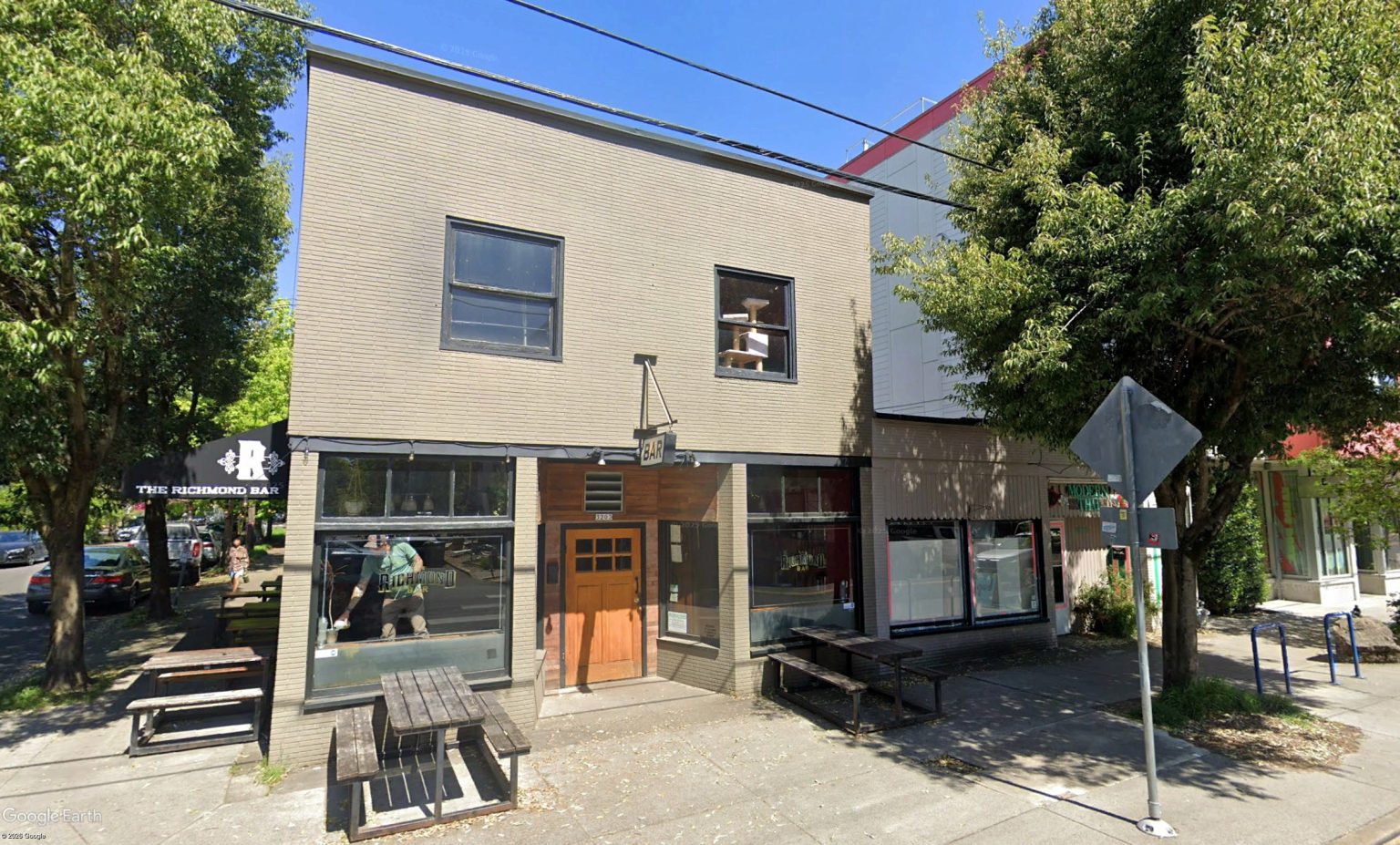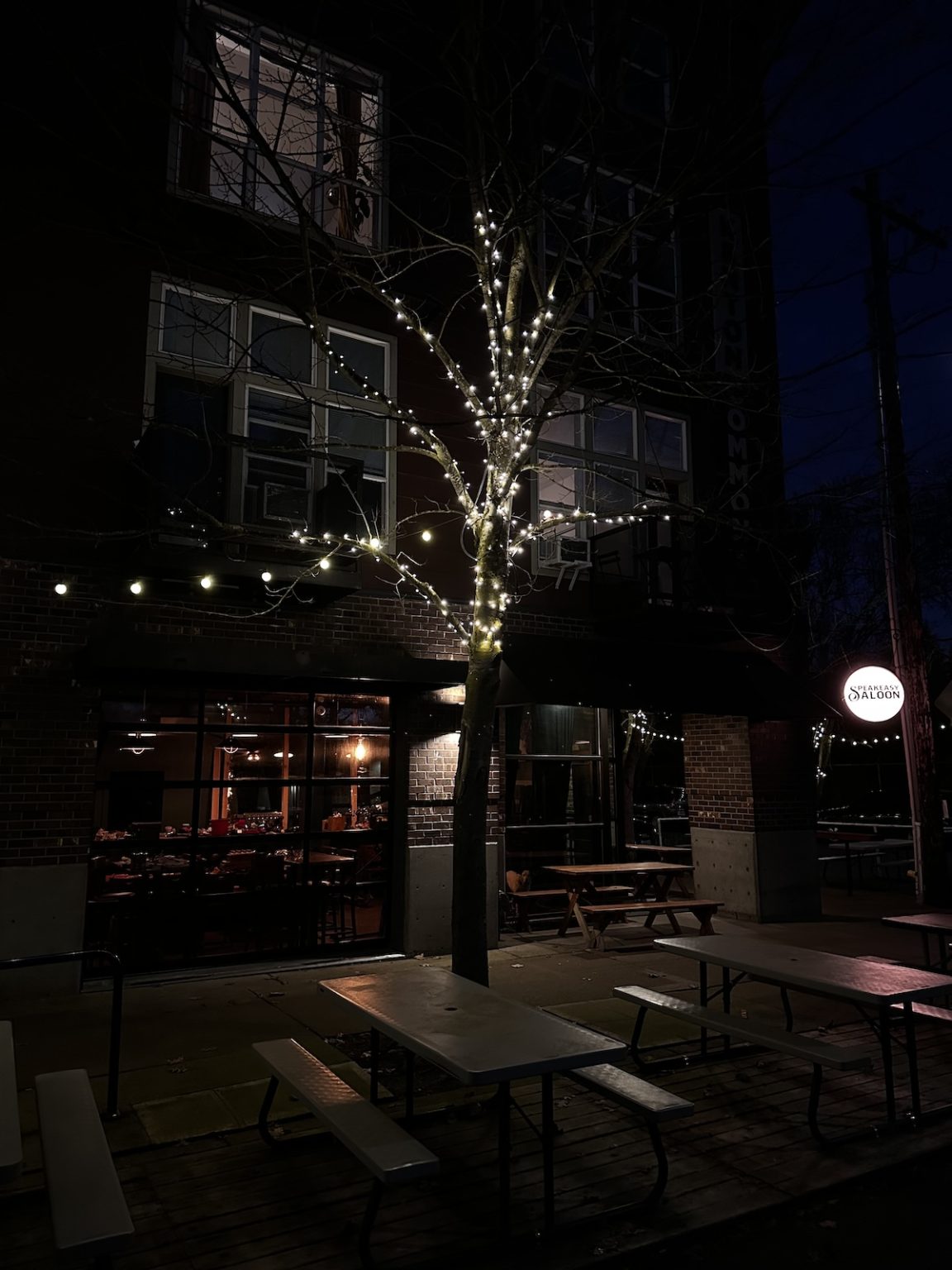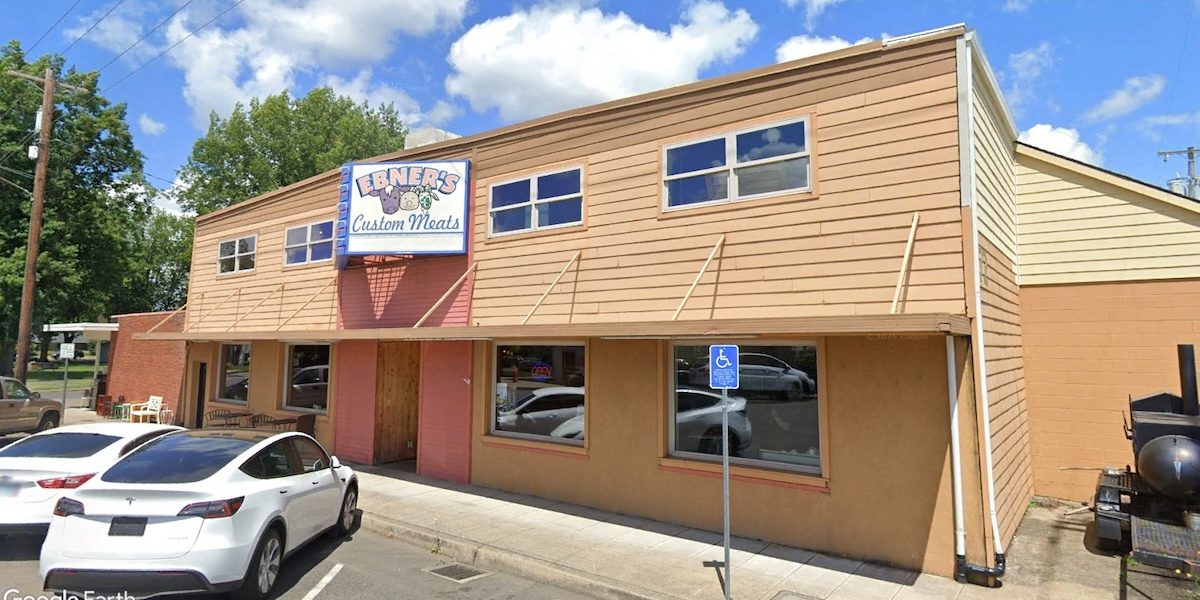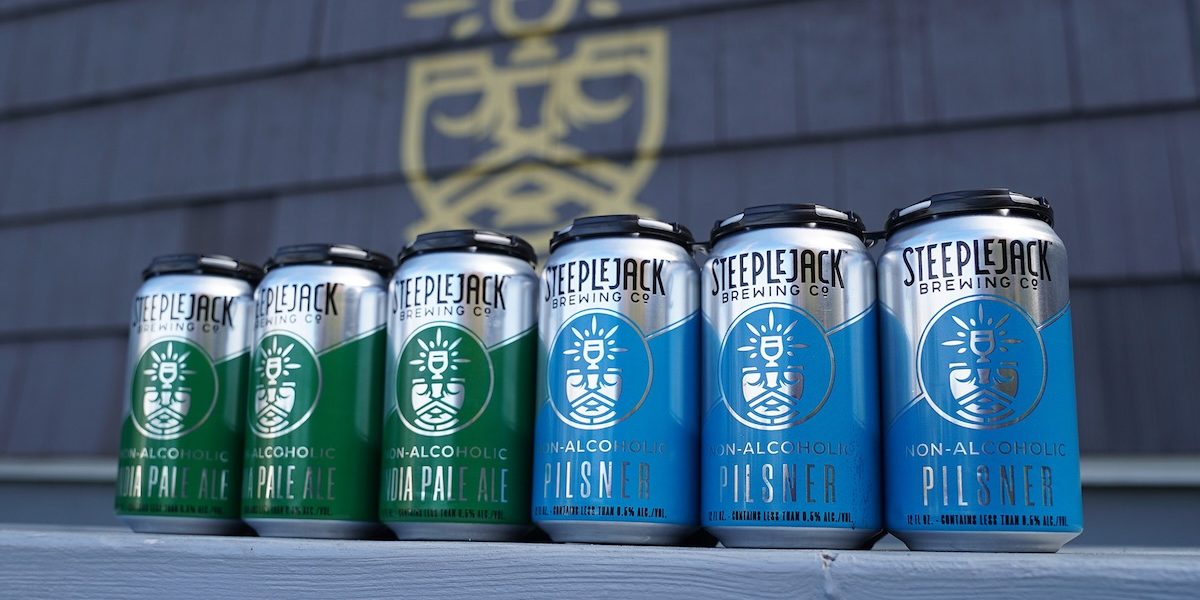Julia West House is opening this week in Downtown Portland, marking Oregon’s tallest mass timber building and a new milestone for affordable housing. The permanent housing development aims to support homeless elders and members of Portland’s BIPOC community. The 12-story structure highlights eco-friendly and nature-inspired design.
Julia West House Opens: A Landmark for Affordable Housing in Portland
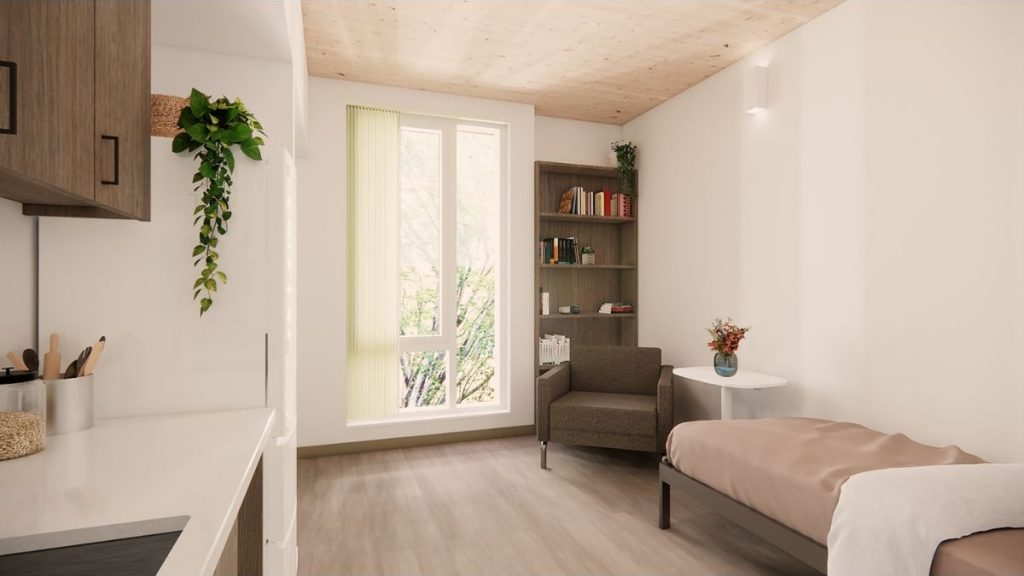
Starting this week, Julia West House will welcome its first residents in Portland. The 56,000-square-foot building replaces a long-vacant 5,000-square-foot lot in Downtown Portland.
Seniors and the BIPOC community looking for affordable and permanent supportive housing can receive 90 fully furnished living units. These include 60 studios and 30 one-bedroom units for those making up to 30% of the area’s median income (set as $26,070 in 2025 for a one-person household).
The nature-infused design and supportive offerings at Julia West House offer a safe, welcoming space for seniors and BIPOC residents transitioning out of homelessness.
Timeline of the Oregon-Based Project
Developed by Community Development Partners, the project broke ground in February 2024. Holst Architecture was the designer, and engineering was handled by KPFF. After more than a year of construction by Walsh Construction Co., Julia West House opens for Downtown Portland residents this week.
The opening marks the fulfillment of a long-standing vision by the First Presbyterian Church of Portland (FPC).
FPC had first acquired the Oregon-based property in the 1980s. After using it for multiple community programs, it sold the site in 2024 to Community Development Partners (CDP). The church did so in response to CDP’s proposal for the affordable project, taking FPC’s mission of service ahead.
The original structure got its name from Julia West Lindsley, the wife of the church’s first pastor. It was a single-family house that was demolished for the new development.
Innovative Design Meets Sustainability
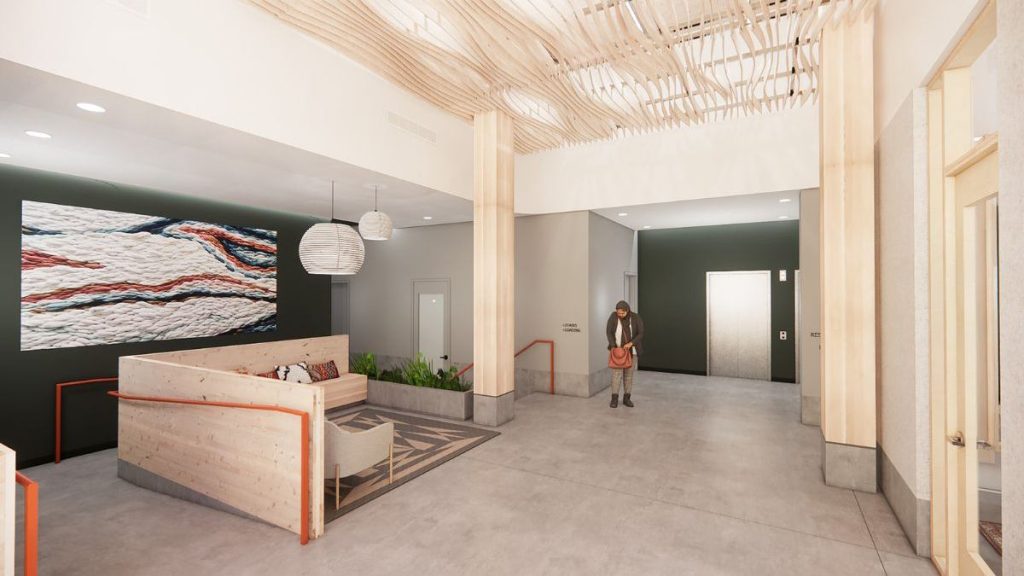
Designs at Julia West House feature wood ceilings and glulam columns on the exterior. These natural materials reflect an inspiration from the local ecology of the Pacific Northwest.
The Portland building’s façade features large carve-outs that showcase shared communal spaces. The open communal areas draw inspiration from the Columbia River, symbolizing the ways historic communities stayed connected. A basalt-inspired design element runs through the façade, visually linking the communal spaces and adding a striking architectural touch.
The team behind Julia West House cites early use of mass timber as a contributing factor to the project’s success. This includes the Portland project becoming a type IV-B construction in Oregon. Julia West House will receive certifications like the National Green Building Standard and Energy Star for its environmental focus and reduced operational costs.
The 145-foot (44.19 meters) tall mass timber building launches with a community room, rooftop patio, lounge area, bike parking, communal kitchen, and laundry facilities. The structure has onsite offices for property management, case management, and resident services.
Supportive Housing for Homeless Elders and BIPOC Individuals
Recent data shows that nearly one in four people experiencing homelessness in Portland is 55 or older. Among them, most of the individuals are from the BIPOC community.
Julia West House offers a mix of affordable housing with supportive services by local groups. Northwest Pilot Project (NWPP) and Native American Rehabilitation Association of the Northwest (NARA NW) are some examples. Resident services are offered by Community for Positive Aging (CFPA) and Lift Urban Portland.
The groups are partnering with Multnomah County’s Homeless Services Department to identify and transition new residents into their homes.
Wraparound Services for Residents
Partner organizations are focused on housing stability, healthy aging, and community connection. These services help Portland elders by improving their health, reducing loneliness, and facilitating benefits that help with housing security.
NARA NW will offer recovery programs focused on Native American culture and spirituality for its 20 households.
Funding and Development Milestones
The opening of Julia West House has been driven through a mix of public and private funding sources. This includes a 4% Low-Income Housing Tax Credit (LIHTC) allocation and USDA Wood Innovations funding. PHB awarded the Portland Clean Energy Community Benefits Fund (PCEF) grant. OHCS and HSD together offered supportive service funding. OHCS provided rental assistance as well.
Through its affordable and sustainable approach, Julia West House is poised to address the critical needs of homeless seniors and BIPOC individuals.

